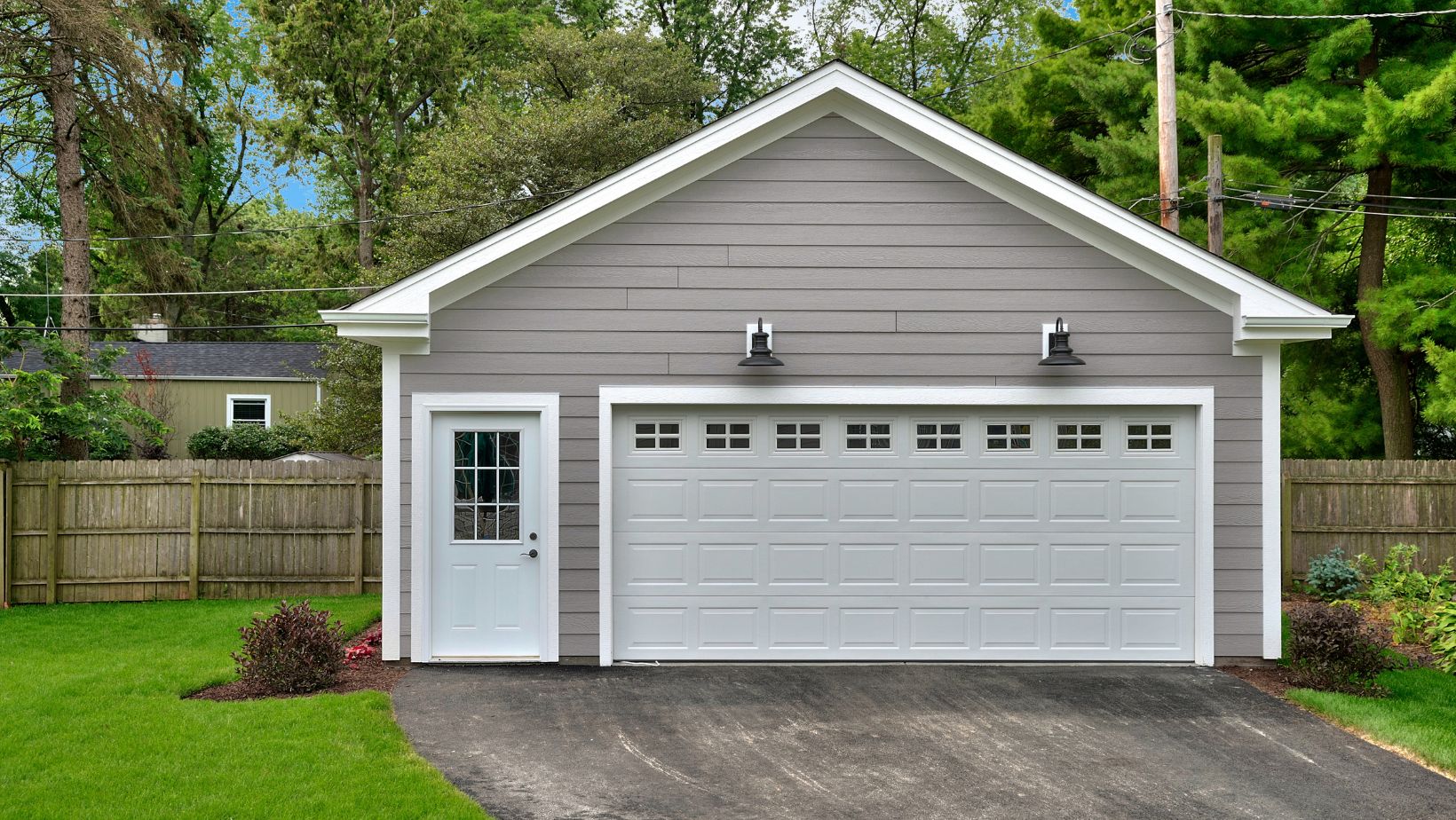Picture this: you’re ready to leave for work, coffee in hand, and you press the button to open your garage door. Instead of smoothly lifting, it hesitates, jerks, and makes a sound reminiscent of an irate robot. What gives? Your garage door might be having one of its little tantrums, but fear not! We’re here to unveil the mysteries behind these mechanical mood swings.
Table of Contents
ToggleThe Squeaky Symphony: Noise Issues
If your garage door sounds like a symphony of squeaks, rattles, and bangs, it’s trying to tell you something. Much like us, garage doors need a bit of TLC (tender loving care) to stay in tip-top shape. Here’s what might be going on:
Dry or Dirty Rollers
Rollers help your door glide smoothly. If they’re dry or caked with grime, they’ll screech like a banshee. Regular cleaning and lubrication can work wonders.
Loose Hardware
Vibrations from daily use can loosen nuts and bolts. A quick tighten-up session can silence the racket.
Worn-Out Parts
Springs, hinges, and rollers wear out over time. Replacing them as needed can keep things running smoothly.
The Sluggish Sloth: Slow Response
Ever hit the button and feel like you’ve aged a year waiting for the door to respond? This sluggish behavior can be frustrating, but it’s usually an easy fix.
Remote Battery Issues
Sometimes, it’s as simple as a dying battery in your remote. Swap it out and see if it helps.
Signal Interference
Other wireless devices or even the neighbor’s garage door opener can interfere with the signal. Try reprogramming your remote.
Old Opener
If your garage door opener is ancient, it might be time for an upgrade. Newer models are faster and more reliable.
The Unpredictable Yo-Yo: Reversing Door
Imagine this: your garage door starts to close, then suddenly reverses like it’s changed its mind.

Annoying, right? Here’s what could be happening:
Obstruction Sensors
Modern doors have sensors that detect obstacles. Ensure these sensors are clean and aligned. Sometimes, a tiny spider web is enough to trigger them!
Track Issues
Bent or misaligned tracks can cause the door to reverse. Check for any visible damage and straighten things out.
Sensitivity Settings
The opener might be too sensitive. Adjusting the down-force settings can prevent unnecessary reversals.
The Static Standoff: Stuck Door
A garage door that refuses to budge is the ultimate act of defiance. Here’s why it might be stuck in its tracks:
Lock Mode
Some garage doors have a lock mode. Check your manual to see if you’ve accidentally engaged it.
Broken Springs
Springs do the heavy lifting. If one breaks, your door won’t move. This is a job for a professional – those springs can be dangerous!
Cable Issues
Cables can come off the pulley or snap. Inspect them for any visible problems and call in the pros if needed.
The Power Struggle: Opener Issues
When your garage door opener seems to have lost its mojo, it can be frustrating. Here are some common issues:
Power Supply Problems
Ensure the opener is plugged in and the circuit breaker hasn’t tripped.
Motor Burnout
Over time, motors can wear out. If your opener struggles or makes strange noises, it might need replacing.
Remote or Wall Switch Issues
If neither works, the problem might be with the opener itself. Time to call in a pro for a diagnosis.
Pro Tips to Tame Your Garage Door
Regular Maintenance is Key
Just like a car needs regular oil changes and check-ups, your garage door benefits from periodic maintenance.

Lubricate moving parts, tighten loose bolts, and ensure everything is in tip-top shape.
Listen to Your Door
Strange noises are your door’s way of telling you something’s wrong. Grinding, squeaking, or banging sounds aren’t normal and warrant a closer look.
Test the Balance
A well-balanced garage door should stay in place if you manually lift it halfway. If it moves up or down on its own, it’s time to adjust the springs.
Keep an Eye on the Cables
Check the cables for signs of wear and tear. Frayed or broken cables can lead to more significant problems down the line.
When to Call in the Pros
While DIY fixes can handle minor issues, some situations call for professional garage door services. For instance:
- Spring Replacement: Torsion springs are under immense pressure and can cause injury if mishandled.
- Cable Repair: Fixing cables requires specialized tools and expertise.
- Track Realignment: Bent or misaligned tracks can be tricky to adjust correctly.
Hiring experts ensures the job is done safely and correctly, giving you peace of mind.
Wrapping It Up
Your garage door might throw the occasional tantrum, but understanding the reasons behind its behavior can help you address issues promptly. Regular maintenance, a keen ear, and knowing when to call for professional garage door services can keep your door operating smoothly. So next time your garage door acts up, you’ll be ready to diagnose and, if needed, call in the cavalry.
Remember, a well-maintained garage door not only adds convenience to your life but also enhances the security and curb appeal of your home. Happy garage door parenting!





